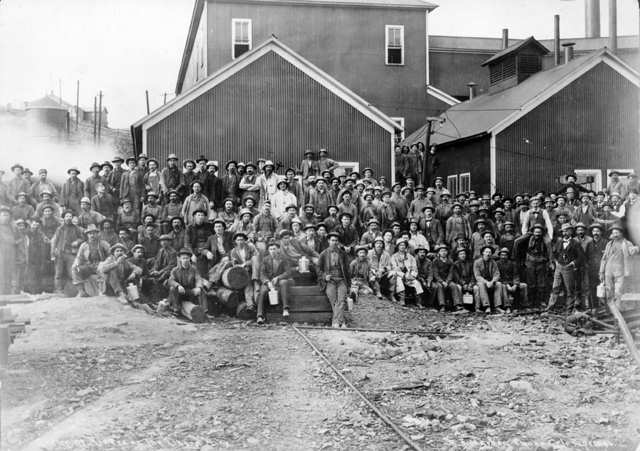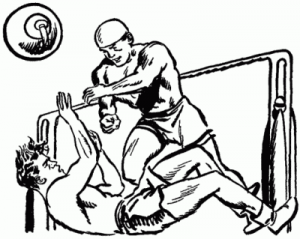He’s talking about this variety, but I’m thinking of the other, thinking kind. If you try to begin to piece together what is actually going on with a) an economy, b) an election or c) a war, where would you begin? It might be obvious that you couldn’t just take a few periodic snapshots, much less one from yesterday or last week that would lend any kind of accurate picture of a, b or c, but I’m not so sure. Folks seem reasonably willing to take cross sections of any of these and let them stand as generally valid appraisals. I’ve been prone to attribute this to ignorance or skulduggery, but I’m coming around to a third possibility: confusion.
I’ll try to explain, but it all leads back to here, to what green means. In the examples above, to get a good grasp on any of them takes a fair degree of effort, i.e., a tremendous amount in today’s dollars. That’s the kind of inflation we should be talking about. This would go without saying except… it has for too long and compounded annually has brought a kind of collective nadir into view. To understand the present, you would need a relatively firm grasp of the history that preceded it, which would invariably include emphasizing the spots where you’re fuzzy on what happened or are prone to exaggerate that details that fall to your advantage. I’ll admit that this presumes a high degree of self-awareness if you’ll admit that such a thing is required.
It follows that I cannot fully explain this – you’ve got to do most of the work. And here’s the nut. I recently saw a few minutes of the film Pearl Harbor, and it occurred to me not the first time but better about the kinds of information we’ve been feeding ourselves over the last half-century. That fairy tale of how we were attacked and then prevailed, told in ninety plus minutes, is a horribly self-serving stand-in for what happened. Plus, when juxtaposed with the messy and complex reality, the reflection is a very confusing false choice of what to believe. And which would you choose, even if you know wars don’t come in sepia tones? That movie alone is fine; it’s what it stands for that matters. It’s the single input, single output phenomenon that we’re not mature enough to reject, especially when it reflects so well upon us. We’ve got to be able to say “no, that’s not the whole story.” Until then, we are dangerously vulnerable as passive consumers of information from people who have done our thinking for us. Because when you take what someone else says as something you can believe without verifying against what you know, that’s what you are doing. Allowing someone else to think for you. Who would you trust for that precious mission?




